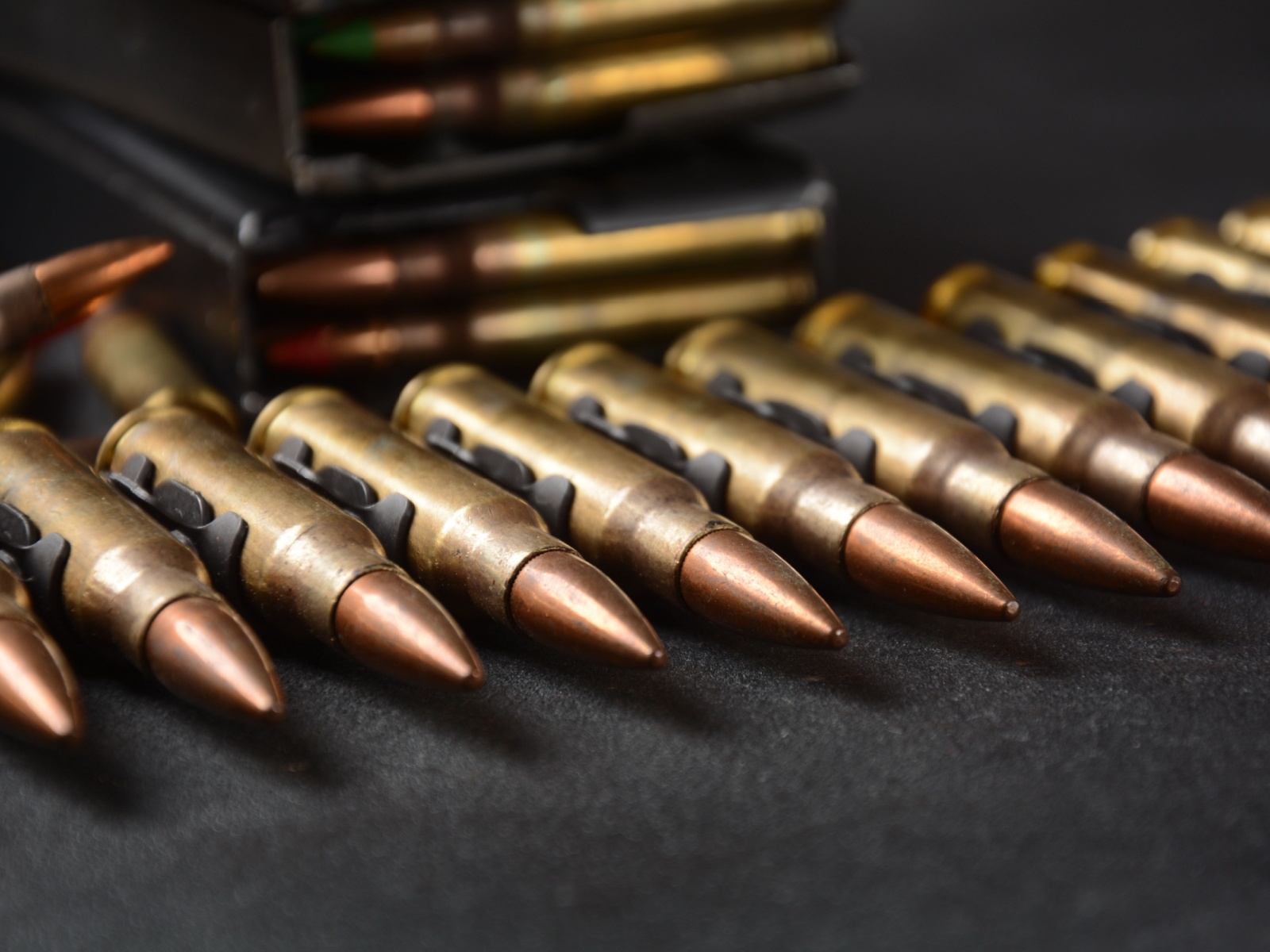MIL-STD-2021 Rocket Motor Environmental Stress Test
The MIL-STD-2021 Rocket Motor Environmental Stress Test is a critical component of quality assurance and compliance for the military, aerospace, and defense industries. This test evaluates the durability and performance of rocket motors under extreme environmental conditions to ensure they meet stringent operational requirements.
Developed by the U.S. Department of Defense, MIL-STD-2021 provides detailed specifications on how to conduct environmental stress tests for rocket motor components. The testing process simulates the harsh environments that these components might encounter during deployment, such as high temperatures, humidity, and mechanical stresses.
The test is particularly important because it ensures that rocket motors can withstand the rigors of launch and operational conditions without failure. This includes exposure to salt fog, vibration, shock, and thermal cycling. The results of this testing are used by quality managers, compliance officers, R&D engineers, and procurement teams to make informed decisions about product reliability.
Before conducting MIL-STD-2021 tests, specimens must undergo rigorous preparation. This includes cleaning the test sample thoroughly, ensuring it is free from any external contaminants that could interfere with the test results. The specimen should be inspected for any physical damage or defects before being placed in the testing environment.
The testing apparatus used in MIL-STD-2021 involves a combination of specialized chambers designed to replicate various environmental conditions. These chambers can simulate temperatures ranging from -65°C to +150°C, humidity levels up to 98%, and exposure to salt fog for extended periods. The vibration and shock testing is conducted using shakers capable of producing controlled vibrations and impacts that mimic the launch environment.
During the test, the rocket motor specimens are subjected to a series of environmental stressors in sequential order: first, they undergo thermal cycling between extreme temperatures; then, exposure to salt fog to assess corrosion resistance; followed by vibration testing for mechanical durability; and finally, shock testing to simulate potential impacts during launch.
The acceptance criteria for MIL-STD-2021 are designed to ensure that the rocket motors not only survive these environmental stresses but also maintain their performance capabilities. The test results must demonstrate that the rocket motor can operate within specified parameters despite exposure to harsh conditions. Failure to meet these criteria indicates a need for redesign and retesting.
The comprehensive nature of MIL-STD-2021 ensures that the military and defense sectors have reliable rocket motors capable of withstanding operational challenges. Compliance with this standard is crucial for maintaining trust in the equipment used by armed forces around the world.
Scope and Methodology
The scope of MIL-STD-2021 Rocket Motor Environmental Stress Test encompasses a wide range of environmental conditions that could potentially affect rocket motor performance. The test is designed to simulate real-world operational conditions, ensuring that the rocket motors can withstand these stresses without compromising their integrity or functionality.
- Thermal Cycling: This involves subjecting the specimen to rapid changes in temperature between extreme lows and highs. The goal is to ensure that the rocket motor can operate effectively even when exposed to sudden temperature fluctuations during deployment.
- Salt Fog Exposure: Salt fog chambers are used to test the corrosion resistance of the rocket motor components. This helps identify any potential degradation caused by exposure to salty environments, which is common in coastal areas where missiles or rockets might be deployed.
- Vibration Testing: Specimens are placed on shakers that produce controlled vibrations to simulate the mechanical stresses experienced during launch and operational phases. This ensures that the rocket motor can withstand these forces without sustaining damage.
- Shock Testing: Simulating shock conditions is critical for assessing the durability of the rocket motor under sudden impacts. This part of the test evaluates how well the motor can handle unexpected jolts or collisions during its operational lifecycle.
The methodology employed in conducting MIL-STD-2021 tests involves meticulous preparation and execution to ensure accurate results. Specimens are carefully prepared, cleaned, inspected, and then placed into the appropriate testing chambers. The conditions are closely monitored throughout each phase of the test to guarantee that all variables are controlled.
After completing the environmental stress tests, the specimens undergo rigorous inspection for any signs of damage or failure. Acceptance criteria are strictly adhered to, and only those components that pass these stringent tests are deemed suitable for use in military applications.
Why Choose This Test
- Enhanced Reliability: MIL-STD-2021 ensures that rocket motors can operate reliably under extreme conditions, reducing the risk of failures during critical missions.
- Compliance with Regulations: Compliance officers rely on this test to ensure that products meet all necessary regulatory requirements for military use.
- Improved Product Quality: R&D engineers benefit from the detailed insights gained through MIL-STD-2021 testing, enabling them to improve product design and performance.
- Cost Savings: By identifying potential issues early in the development process, procurement teams can avoid costly rework or recalls later on.
The MIL-STD-2021 Rocket Motor Environmental Stress Test is essential for any organization involved in military or defense projects. It provides a robust framework that guarantees product reliability and compliance with industry standards, ultimately contributing to mission success.
Environmental and Sustainability Contributions
- Eco-friendly Materials: The use of sustainable materials in rocket motor construction helps minimize environmental impact during production.
- Reduced Waste: Careful preparation and testing processes help reduce waste by ensuring only reliable components pass the test, minimizing material disposal issues.
- Energy Efficiency: Testing procedures are optimized to use energy efficiently, reducing overall carbon footprint in the manufacturing process.
The MIL-STD-2021 Rocket Motor Environmental Stress Test plays a crucial role in promoting environmental sustainability within the defense industry. By ensuring that rocket motors can operate reliably under extreme conditions, it reduces the need for frequent replacements and repairs, thereby extending the lifecycle of these critical components.





